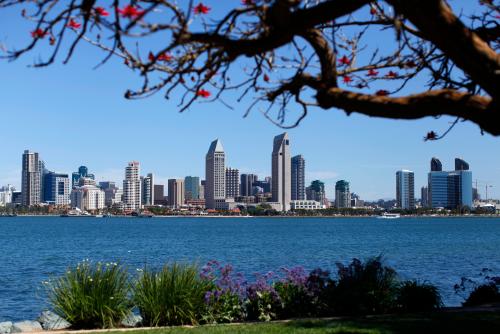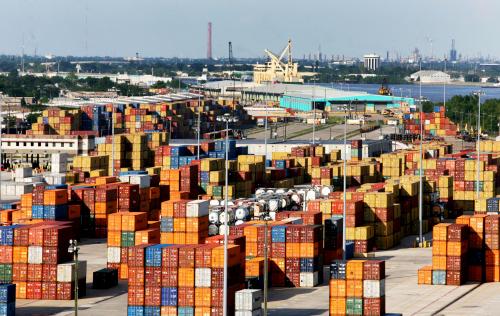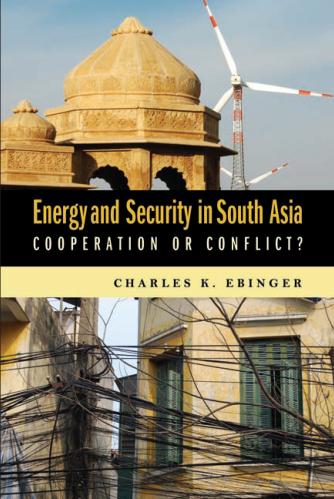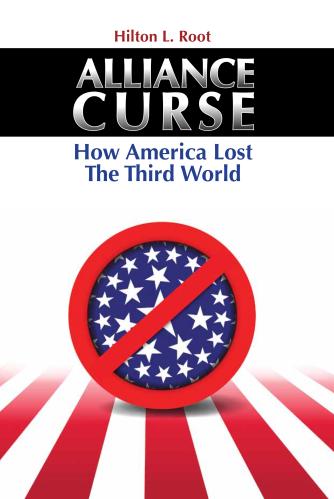Economic development organizations often talk of competing for foreign direct investment. But arguably, the best form of FDI requires little competition at all. Instead, firms are drawn to a metro area not by low costs or incentives, but by the region’s unique specializations—including supply chains and customers, skilled workforce, trade relationships, and research institutions. For many foreign-owned firms—especially those in advanced industries, which rely on these highly specialized inputs—decisions about where to invest are often driven more by necessity than choice, because only a few regions truly offer the right combination of assets for their industry.
For economic development organizations, the concept of organizing around clusters or other specializations is nothing new. So what do metro areas have to do differently when it comes to developing FDI strategies? A group of U.S. regions are exploring this question through the creation of global trade and investment plans as part of our Global Cities Exchange network. Their early experience points to one clear lesson: To develop a unified message that will resonate in global markets, economic development organizations need to be far more realistic and strategic in defining their specializations and advantages.
This is a challenge for economic development leaders, who typically seek to boost their marketing efforts and please local factions politically averse to “picking winners.” This leads to regions claiming to have specializations in six or more sectors, for example, when invariably some of these are aspirational, and others, like biotech and advanced manufacturing, might also be claimed as unique strengths by dozens of other cities. The metro areas poised for success in global trade and investment recognize that just one or two of these specializations actually qualify as unique on a global scale and are placing them at the core of their strategies.
In Minneapolis-St. Paul, development of an export and FDI plan drove home the realization that the region has two specific global industry niches that will be central to future efforts. Although efforts initially focused broadly on the region’s health and wellness sector, foreign-owned firms reported that its medical technology cluster gives the area a global name and drives investment decisions. Similarly, the region’s understanding of its general strength in corporate headquarters was sharpened to a specific focus on its specialization as a center for finance and insurance headquarters, based in part on data showing that Minneapolis-St. Paul FDI employment in that industry tripled since 1991, compared to 42 percent growth in the United States overall.
Global specializations and advantages can extend beyond industries or clusters. In San Antonio, as in many metro areas, local leaders want to diversify business relationships to include more foreign markets. However, in formulating their global trade and investment plan, they realized that their first priority needs to be fortifying the region’s unique and long-standing relationship with an economically emerging Mexico.
In San Diego, foreign-owned firms in the life sciences industry identified the region’s research institutions—which receive more NIH funding than any other metro area’s—as major drivers of investment and global competitiveness. In response, the San Diego Regional EDC produced an analysis of the economic impact of these research institutions, as part of a broader effort to secure sustainable funding for the research institutions and ensure that the region’s global R&D specialization continues to draw foreign investment from companies that need access to cutting edge research in the life sciences.
Most of what metro areas can do to attract and retain more FDI cuts across industries (such as focusing on the middle market, improving business retention and expansion, and engaging with mergers and acquisitions). A focus on a few key industries, assets, or relationships with target markets can take these efforts to the next level—but only if metro areas recognize that not every local strength or aspiration measures up as a global specialization.
The Brookings Institution is committed to quality, independence, and impact.
We are supported by a diverse array of funders. In line with our values and policies, each Brookings publication represents the sole views of its author(s).











Commentary
Metro areas target true global specializations to accelerate foreign investment
December 4, 2015